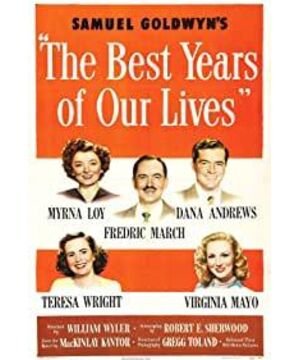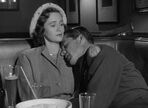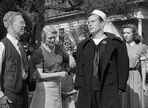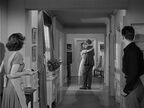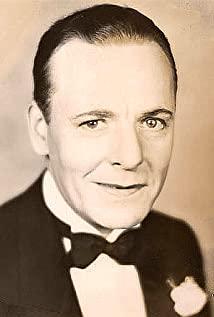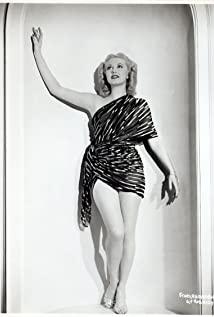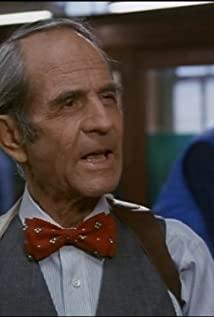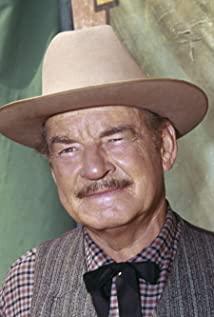The story begins with three demobilized soldiers returning home after World War II. The young man Homer used to be a sportsman in the school. He lost his hands in the war. Although he was fitted with a mechanical hand, he brought mental pain to himself, his family and his fiancée. After returning to the position of head of the family, former bank employee Al also encountered a lot of troubles caused by maladjustment. The former pharmacy employee Fred was even worse. He had to be demoted to an apprenticeship at work (the war damaged his memory). His newly married wife before the war had also moved out of the house and often went to nightclubs.
It is completely different from the bright and morale-boosting movies such as "The House of Loyalty" (1942) and "Farewell from the Lord" (1944) during the war. The whole film is full of tragic atmosphere, and the technique is biased towards realism. Deliberately overflowing with beauty.
The three masters of Km, on the contrary, I am most touched by the story of the seemingly peaceful Al family. When Al returned home, he was greeted by a warm family: surprises from the children, hugs from his wife, and dinner just prepared. A pair of children have grown up. But soon he discovered that several years of war had made it difficult for him to adapt to a normal life. He was no longer an elegant gentleman in the past, and his relationship with his wife seemed to need to be rebuilt, and he was caught off guard by the guidance needed by his newly grown daughter. Here I am particularly touched by Al's wife; she doesn't speak much, not a chattering mother, but she is strong, sensible and tolerant in her gestures. The husband and Fred were drunk, and she drove them home with her daughter; her husband’s speech became vulgar. She did not accuse her, but silently reminded her. This is especially obvious when Al’s speaking. Seeing her uncomfortable appearance underneath her inner anxiety, but she always had a patient heart; in the daughter's love affairs, her calmness made me admire even more, Peggy told her parents that she was in love. Fred, and said that he could see Fred’s true feelings: "I can see because I love him!" He also said that everything his parents experienced was so perfect. They loved each other, got married in church, and then spent their honeymoon. Having children, they have not experienced any troubles, so it is impossible for them to understand the matter between her and Fred. So the mother said: "We have never experienced any troubles? (She looks at her husband)-How many times have I told you that I hate you and believe it from the bottom of my heart? How many times have you said that you are tired of me and we are all exhausted How many times have we got back together again?... "What a wise mother! Maybe it would be dogmatic to apply the "good wife" in Chapter 31 of the "Proverbs" of the Bible, but my mother's strength and peace touched my heart deeply. How many winds and rains did these qualities make?
The other two lines, Fred’s broken marriage, and Homer’s pain due to his disability, are not accidental plots, but the story of Homer and his fiancee Wilma still tears my heart; I think The scene of their wedding must have become a classic scene. After the long oath led by the pastor, Homer put on the ring for Wilma with a mechanical hand, "With this ring, I thee wed." When watching this scene, my eyes were moist; they all said, "Hold your hand, and your son Grow old together. Although Homer has only a pair of manipulators, what is truly contracted and never changed is the true love in his heart!
It is worth mentioning that Russell, who played Homer, is indeed an actor with handicapped hands. He won the Oscar for Best Supporting Actor and a Special Honor Award that year. He was also the only actor who won two awards for a role. And his first wife (their marriage lasted until his wife's death) was also his childhood playmate; no wonder his performance is so real and touching. People are really great because of their inner spirit.
Al's daughter, Peggy, is Teresa Wright, who played Garson's daughter-in-law in "The Loyalty House". Four years later, she has matured a lot and her acting skills have improved a lot. The longer she gets, the more beautiful she gets.
The film focuses on expressing the trauma caused by the war to individuals and families; the light at the end further enhances a mood of hope. However, the overall structure of the film is still somewhat loose, which is probably a common problem of realistic films.
View more about The Best Years of Our Lives reviews


